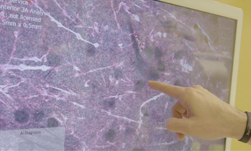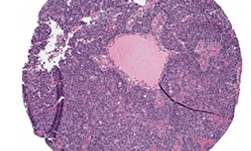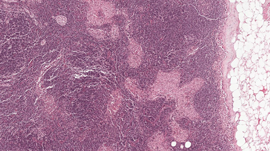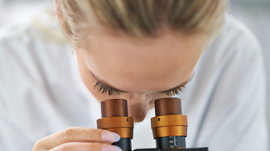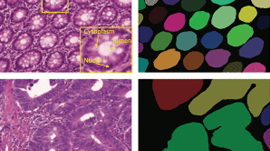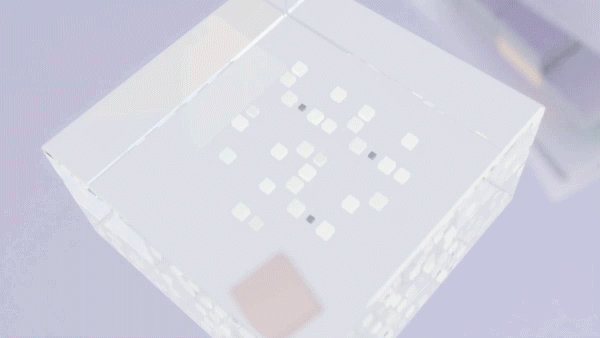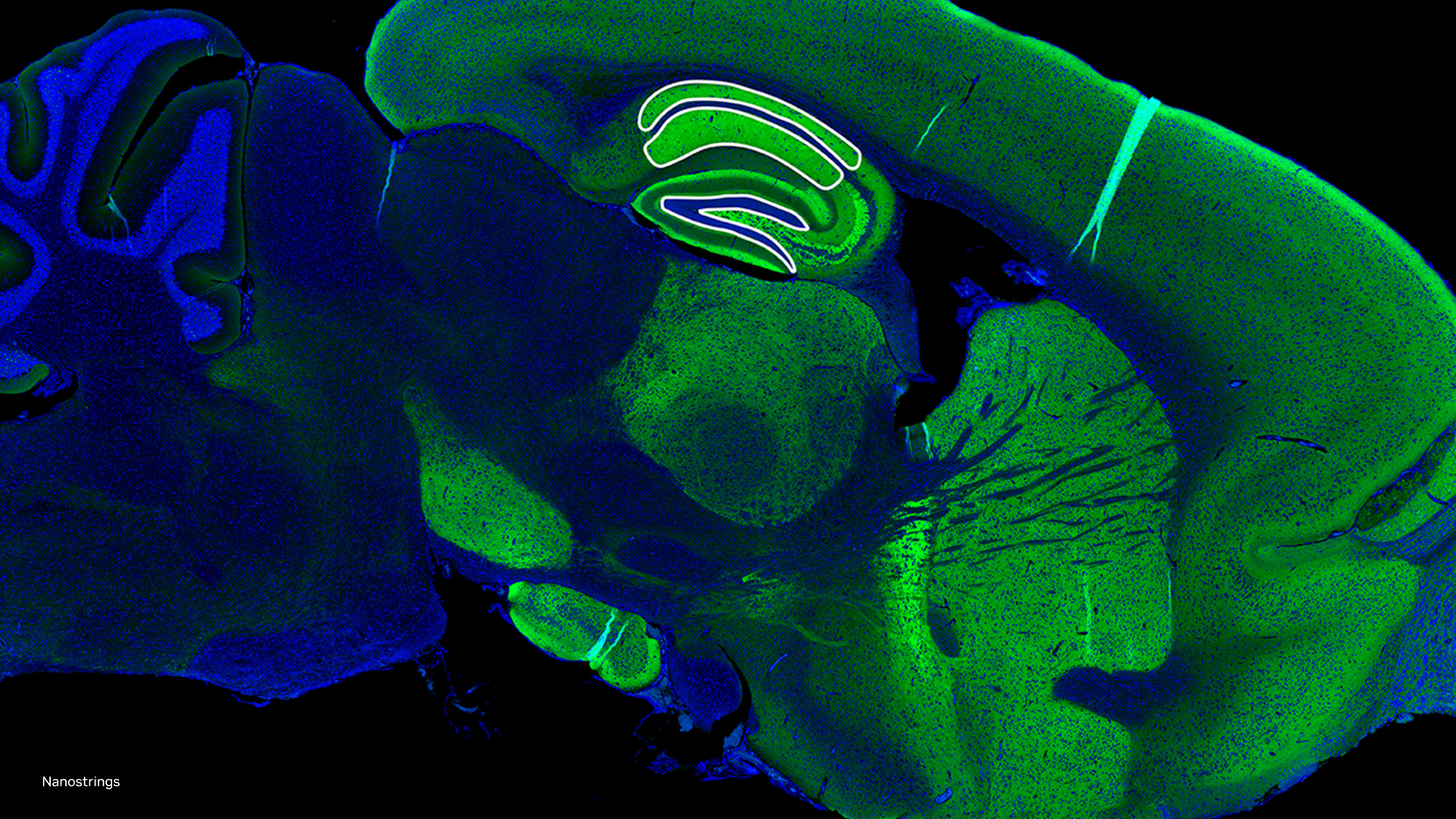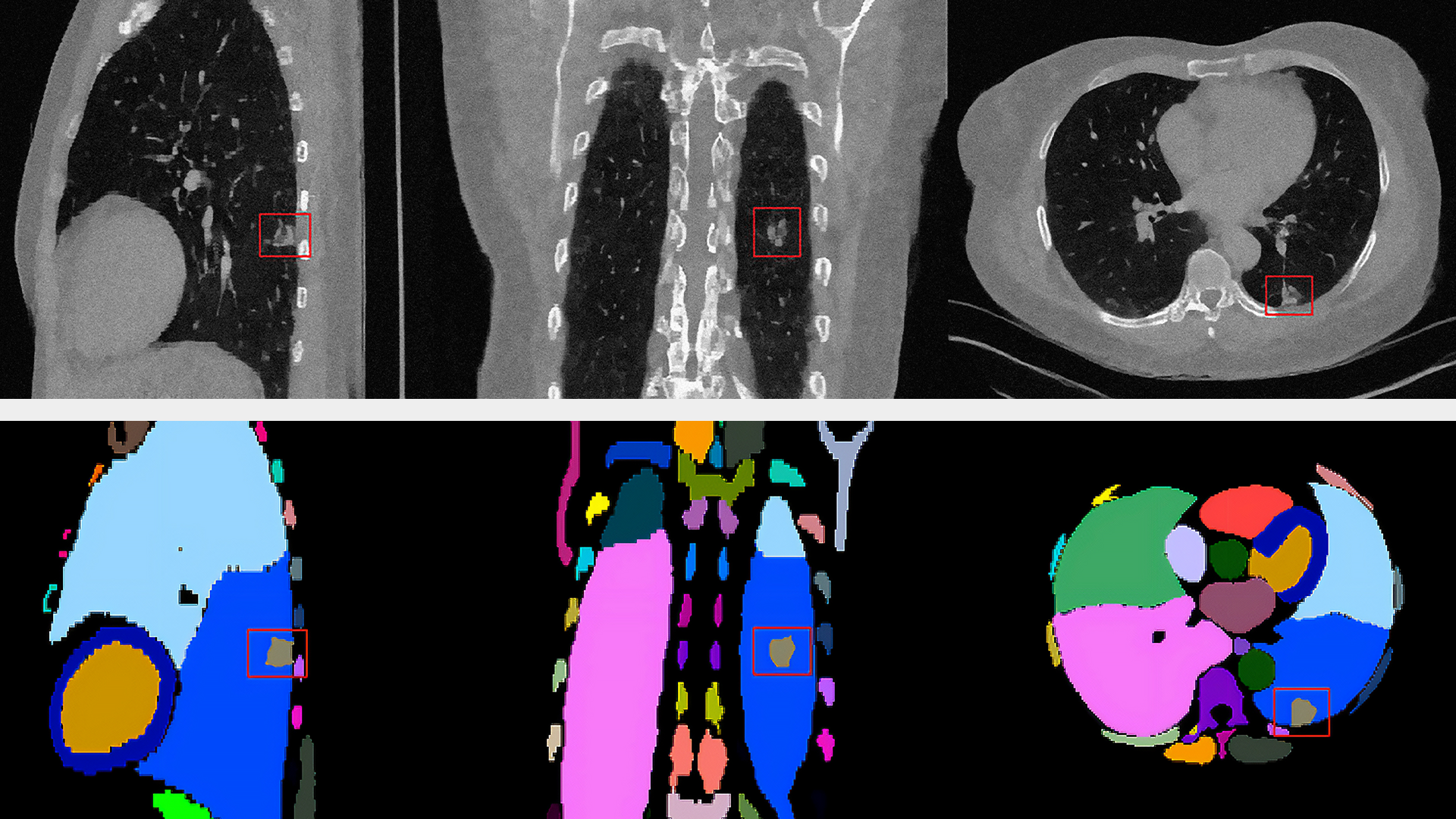Researchers from Lehigh University in Pennsylvania developed a diagnostic technique that combines deep learning and cutting-edge imaging technology to detect in real-time the difference between cancerous and benign cells with over 90% accuracy.
“The idea is that one day, if this technique could be used during surgery, it could complement the histopathology, potentially reducing the need for a second breast cancer surgery,” said Chao Zhou, assistant professor of electrical engineering at Lehigh University and co-author on the study.
According to the researchers on why the second surgery is so common, “currently the only way surgeons can confirm during surgery that there are no cancer cells in the “margin” – the tissue surrounding the removed tumor – is by performing a frozen section, which uses liquid nitrogen to freeze the excised tissues before the tissue is sectioned into thin slices and stained for pathologists to examine in the lab. This procedure is often performed during surgery to evaluate the tumor margin. Surgeons remove more tissue if a positive margin is identified. The excised tissue is then sent for a thorough histopathological evaluation. However, the frozen section can miss the tumor margin on the tissue surface – and often does – and the histopathology results from the lab are not available for several days.”
Using TITAN X GPUs and cuDNN with the TensorFlow deep learning framework, the team trained their models on a variety of features extracted from Optical Coherence Microscopy (OCM) images which are then used to automatically identify different tissue types.

The researchers hope their powerful imaging and powerful image analysis technique may one day lead to minimizing the need for a second surgery, reducing costs and lowering the risk of complications for patients.
Read more >
Reducing the Risk of Second Breast Cancer Surgery with AI
Jun 27, 2017
Discuss (0)
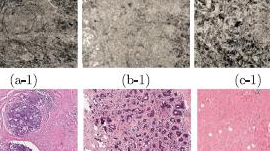
Related resources
- GTC session: Creating AI-Powered Hardware Solutions for Medical Imaging Applications
- GTC session: How Artificial Intelligence is Powering the Future of Biomedicine
- GTC session: Accelerate your Workflows and Gain Competitive Advantage With AI Workstations (Presented by Z by HP)
- SDK: Clara Train
- Webinar: Accelerate AI Model Inference at Scale for Financial Services
- Webinar: Isaac Developer Meetup #2 - Build AI-Powered Robots with NVIDIA Isaac Replicator and NVIDIA TAO
